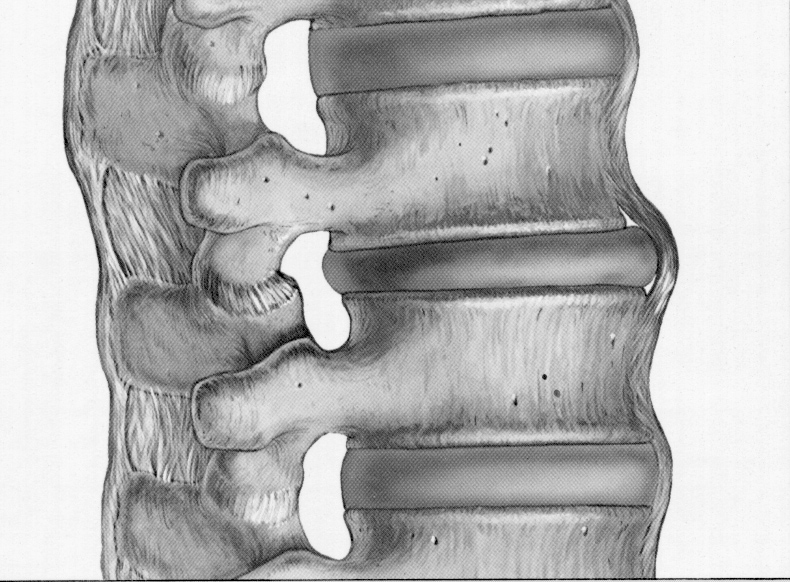Minerals
Iron is an essential nutrient for humans. As a component of red blood cells, it helps store and deliver oxygen from the lungs to the rest of the body. It is also a key factor in energy metabolism, DNA synthesis, and an essential cofactor in the synthesis of neurotransmitters such as dopamine, norepinephrine, and serotonin. The best food sources of iron are red meat, poultry, shellfish and legumes. The World Health Organization considers iron deficiency to be the largest nutritional disorder in the world.
Many do not consume enough iron on a daily basis and/or lose significant amounts. Vegetarians and adolescents typically do not meet iron recommendations. Those who exercise regularly, donate blood, have malabsorption...Full Details
Iron is an important nutrient for red blood cell health. It is a component of hemoglobin which helps to carry oxygen throughout the body. The best food sources of iron, namely red meat and other meat or poultry products, are often unaccessable to vegetarians. Though some popular foods and beverages are fortified with iron, this is rarely enough to satisfy the recommended daily requirements, especially for menstruating women or vegetarians. Our Chelated Iron 29 mg supplies 161% of the Recommended Daily Intake (RDI) of iron when taken as directed.
Zinc is an essential mineral for many areas of general health. Found in cells throughout the body, it supports a healthy immune system. Zinc is involved in making proteins and DNA in the body, and is key in healing and our sense of taste and smell. Vegetarians and vegans are especially at risk for inadequate zinc consumption, since the best foods sources of zinc include oysters, red meat, poultry, and seafood. Also certain compounds in plant foods inhibit proper zinc absorption. According to the National Institutes of Health, "vegetarians might need to eat as much as 50% more zinc than the recommended amounts."
Magnesium is the second most abundant element inside human cells, and the fourth most abundant positively charged ion in the human body. Within the body’s cells, it serves literally hundreds of functions. Magnesium ions regulate over 300 biochemical reactions in the body through their role as enzyme co-factors. They also play a vital role in the reactions that generate and use ATP, the fundamental unit of energy within the body’s cells. As one of the most common co-factors in the body, magnesium’s presence is crucial to glucose and fat breakdown; production of proteins, enzymes, and antioxidants such as glutathione; creation of DNA and RNA. Magnesium also plays a vital role in transmitting electrical impulses...Full Details
